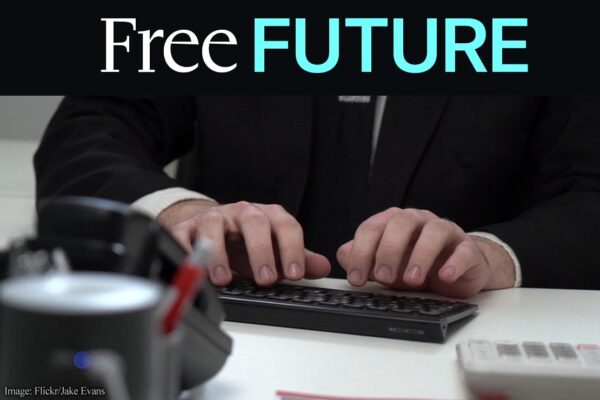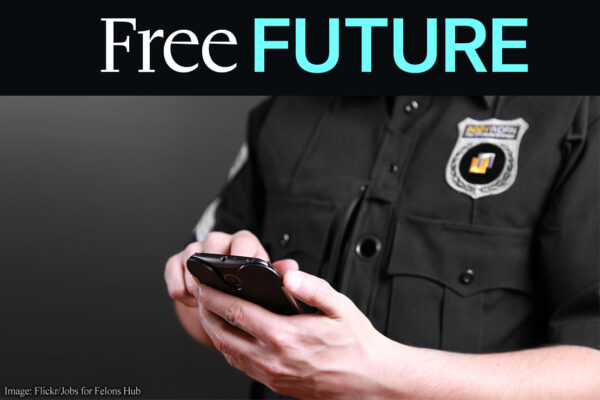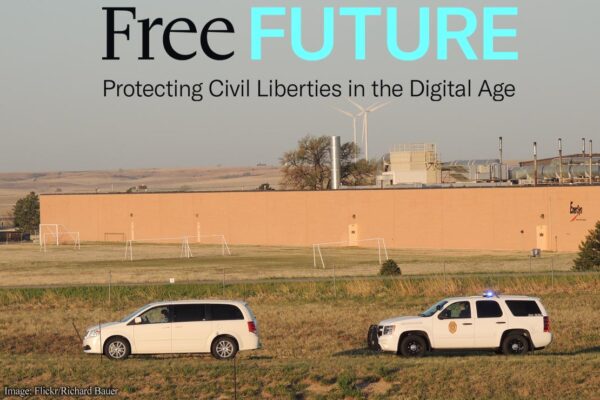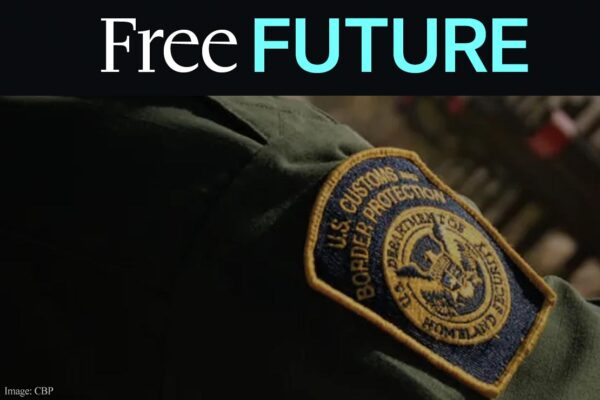ACLU Joins Fray Over Cyber Patrol "Censorware" On Behalf of U.S. Web Site Hosts
FOR IMMEDIATE RELEASE
NEW YORK -- The American Civil Liberties Union will enter a Boston court this Monday to argue that a ban on a program allowing users to decode the Internet blocking software Cyber Patrol constitutes a "classic prior restraint on speech" in violation of the U.S. Constitution.
The Cyber Patrol controversy is but the latest round in a heated debate over flaws in so-called filtering software that both "overblocks" non-pornographic web sites on subjects like Super Bowl XXX and fails to block many sites parents may not deem appropriate for their children.
In legal papers filed with the court today, the ACLU said that Cyber Patrol's lawsuit is unnecessary because the company can easily block their customers from accessing any Web site or page on which the decoding program appears, whereas some of the Web sites may be out of the jurisdiction of the court.
Acting on behalf of three U.S. Web site operators who posted "mirror" copies of the decoding program, the ACLU said their free speech rights would be violated if the court granted the company's request for a preliminary injunction against the Swedish and Canadian creators of the program.
"Under Cyber Patrol's logic, I'd be breaking the law if I bought a Ford Mustang and looked under the hood," said Chris Hansen, a senior ACLU staff attorney and lead counsel in the case. "I don't think it is asking too much for Cyber Patrol and other software companies to tell the American public exactly what their software blocks, especially when Congress wants to force both children and adults to use it."
Last Friday, March 17, U.S. District Judge Edward F. Harrington granted a 10-day temporary restraining order against the creators of the program. Cyber Patrol then sent subpoenas to the ACLU's clients, suggesting that they would be bound by that order and any future court bans.
In addition, at least one American reporter has confirmed receipt of subpoena from Cyber Patrol ordering him to reveal the name of "each and every person who produced, received, viewed, downloaded or accessed" the decoding program from his site.
The Web site operators, Waldo L. Jaquith, Lindsay Haisley and Bennett Haselton, each said that they posted the decoding program as a form of political protest against Cyber Patrol's legal actions and against "censorware" in general. Their Web sites can be found at: www.peacefire.org (Haselton), www.fmp.com (Haisley) and www.waldo.net (Jasquith).
"We thought it would be educational for some politicians, who are recommending blocking software for use in every school in the country, to see the mistakes that the codebreakers found in Cyber Patrol's list," said Haselton, 21, operator of Peacefire.org, a Web site he founded specifically to defend the free-speech interests of people under 18 on the Internet.
Haselton said that Peacefire recently decrypted the lists of sites blocked by two other programs -- I-Gear and X-Stop -- and found that they had error rates between 68 and 76 percent for blocking pages in the educational ".edu" domain.
Haselton, Jaquith, and Haisley are represented as "nonparties" to the Cyber Patrol lawsuit by Hansen of the national ACLU, Sarah Wunsch, an attorney with the ACLU of Massachusetts, David Sobel, general counsel for the Electronic Privacy Information Center based in Washington, and Jessica Littman, a visiting professor of law at New York University.
In 1998, a federal district judge said that forcing adults to use blocking software like Cyber Patrol in public libraries "offends the guarantee of free speech." Last month, a proposal aimed at forcing a Michigan public library to install Web filtering software on computers was defeated by voters.
"With Congress renewing efforts to mandate use of such flawed software in public schools and libraries, the Cyber Patrol battle only serves to emphasize that information on what is blocked must be made available to consumers, let alone libraries and schools," Hansen said.
The hearing in Microsystems Software, Inc. V. Scandinavia Online, IslandNet.com, Eddy L.O. Jansson and Matthew Skala, Civil Action No.00-10488-EFH, will take place on Monday, March 27, at 2:00 p.m. in U.S. District Court in Boston.
The ACLU's opposition to motion for preliminary injunction in the case is online at http://archive.aclu.org/court/cyberpatrol_motion.html. The motion to quash subpoenas is online at http://archive.aclu.org/court/cyberpatrol_quash.html.
Cyber Patrol is a subsidiary of toy company giant Mattel Inc., which is publicly traded on the New York Stock Exchange.



